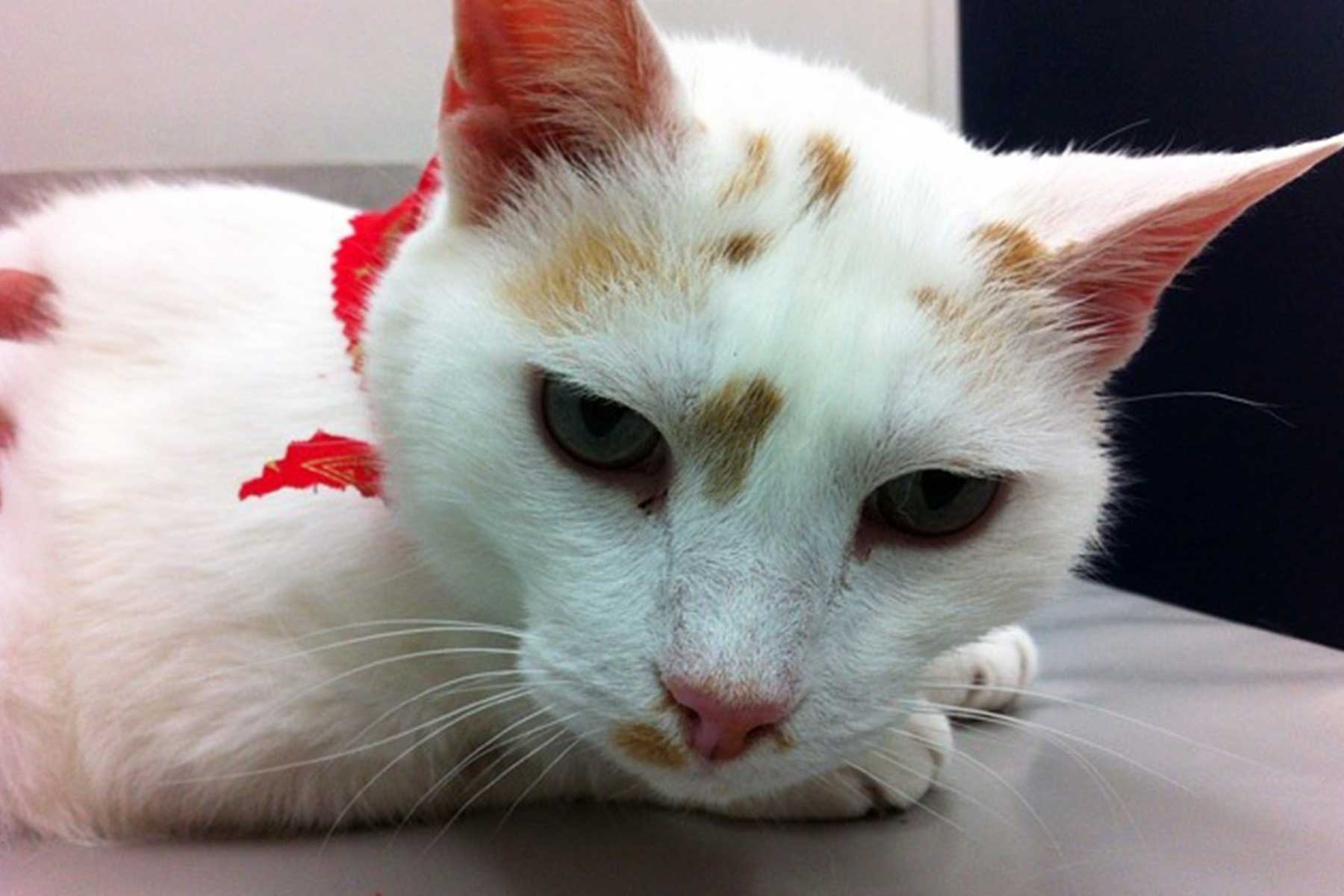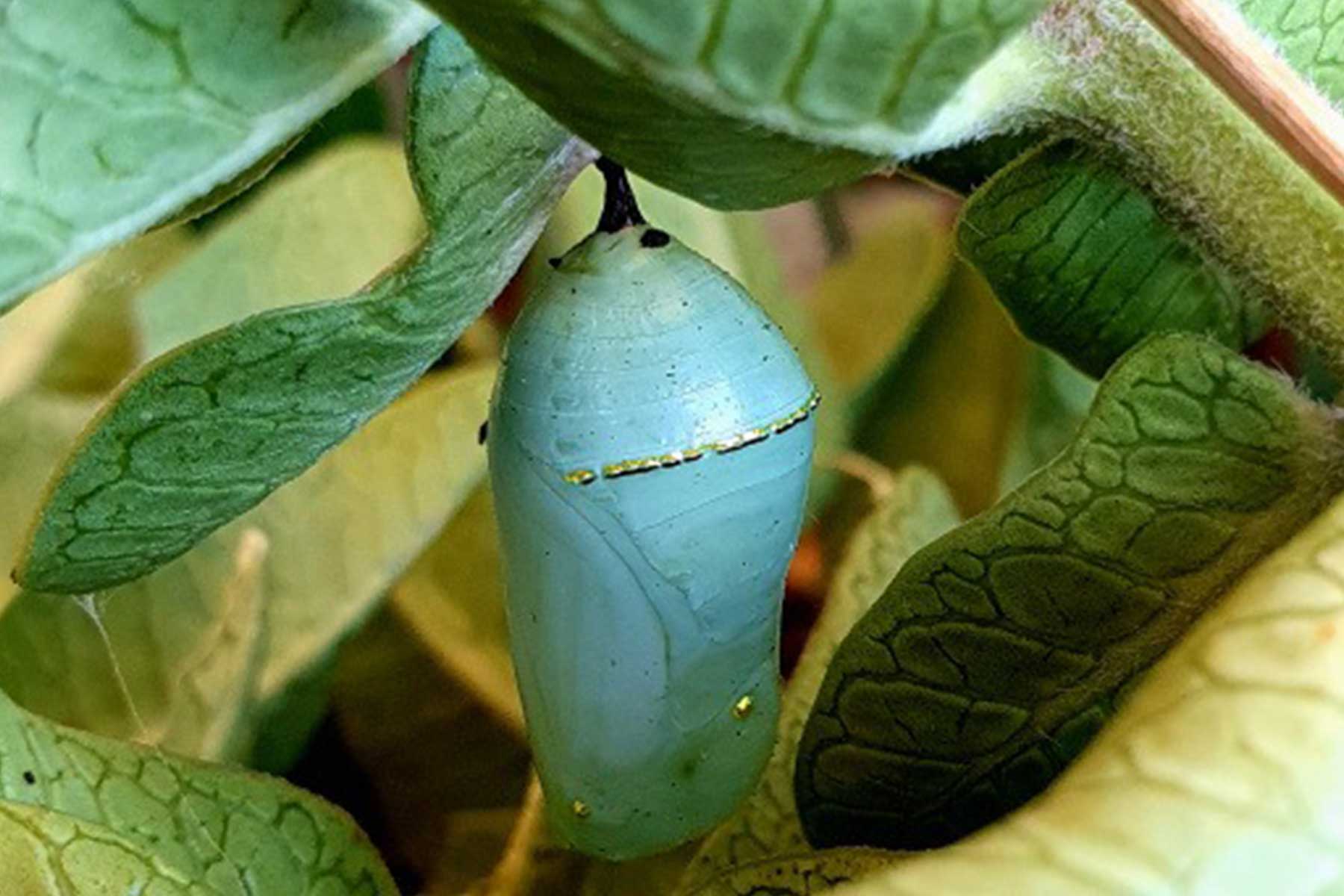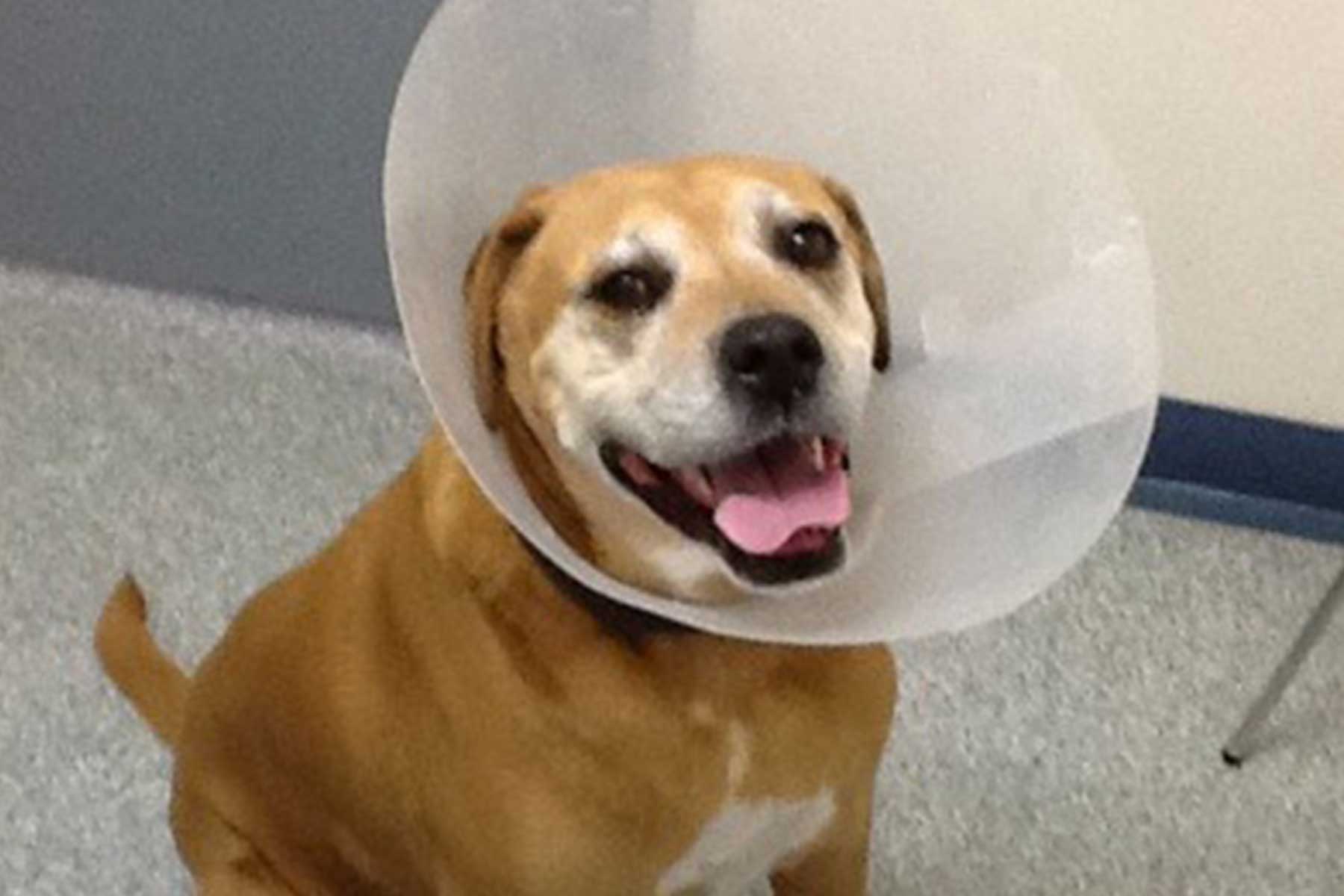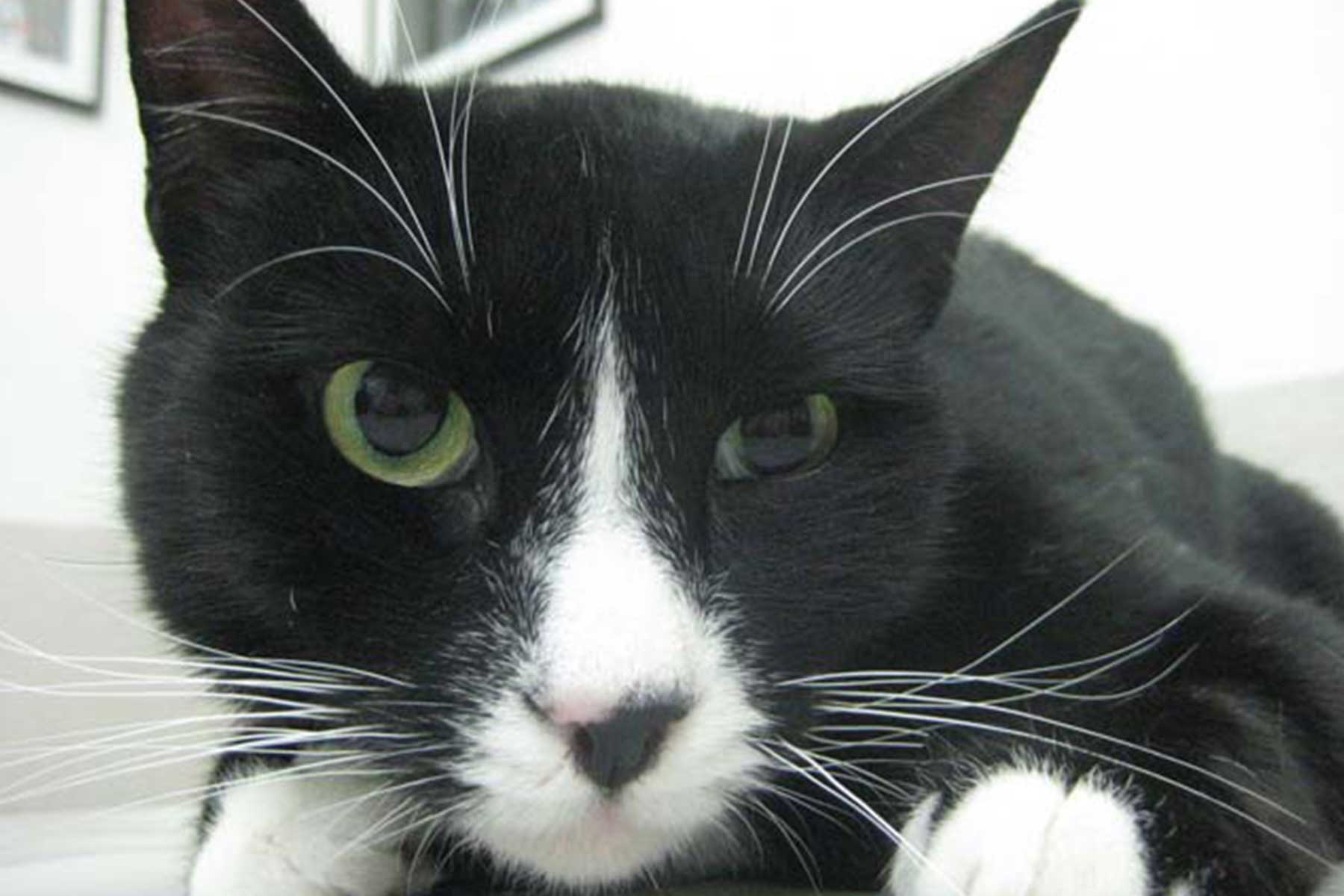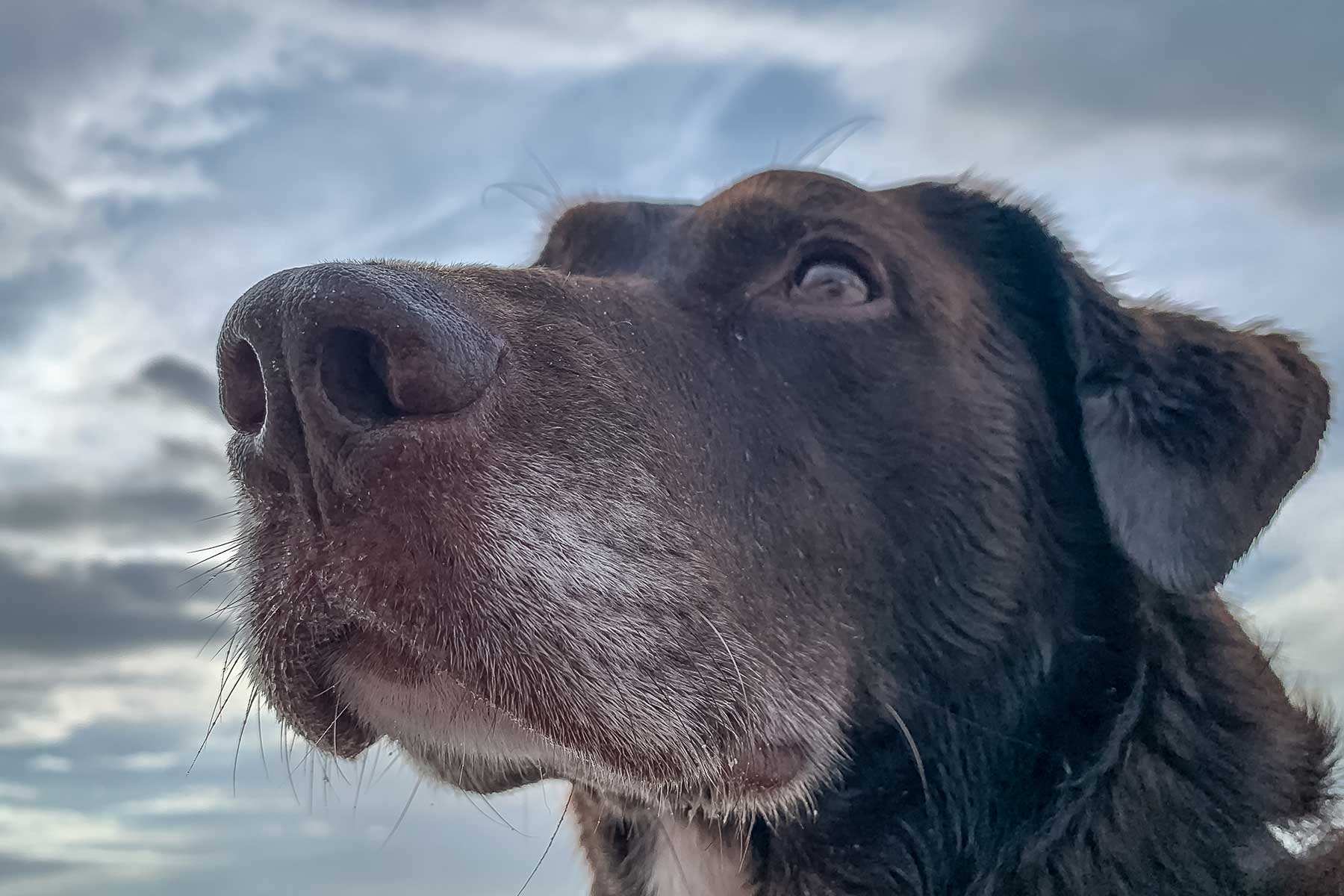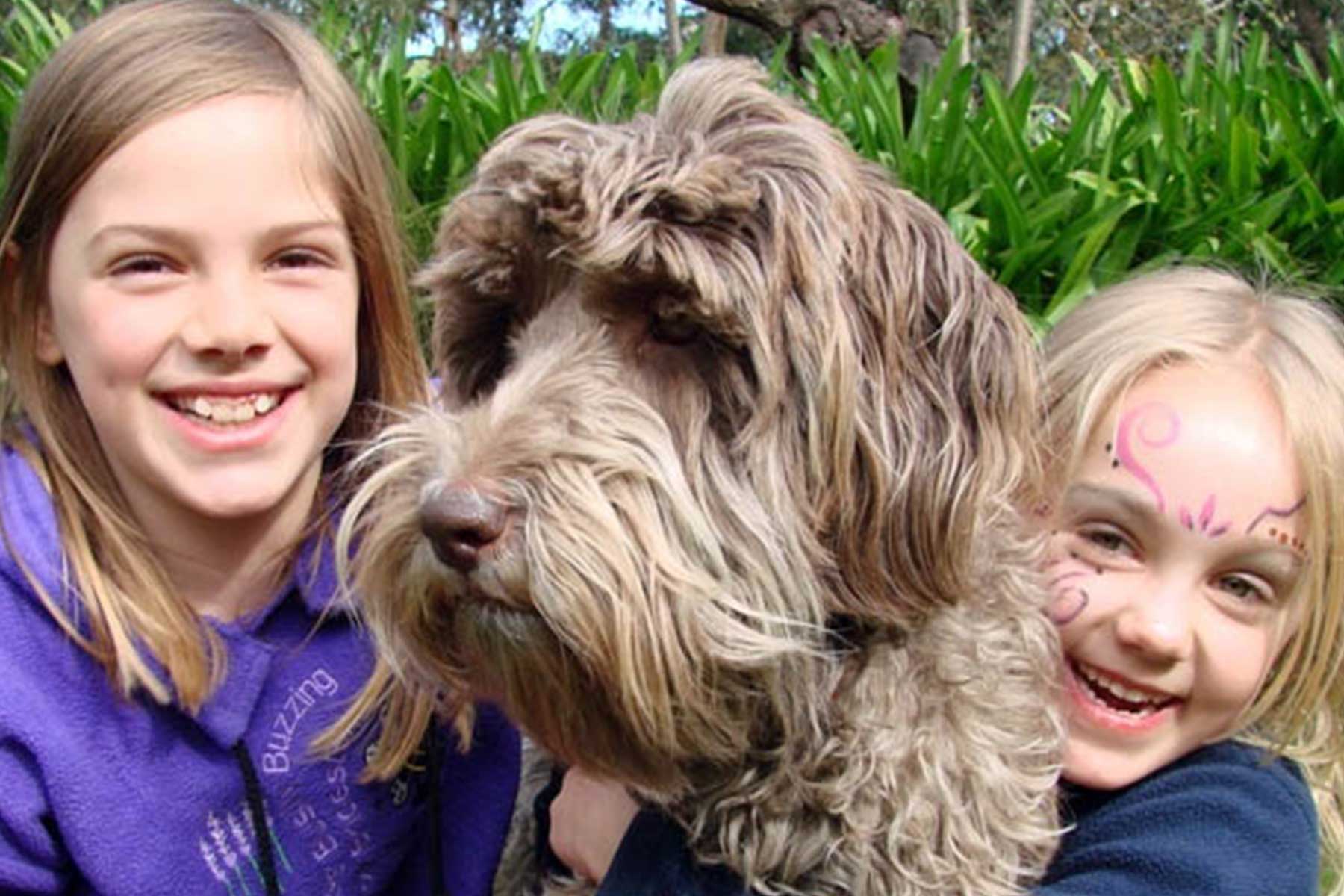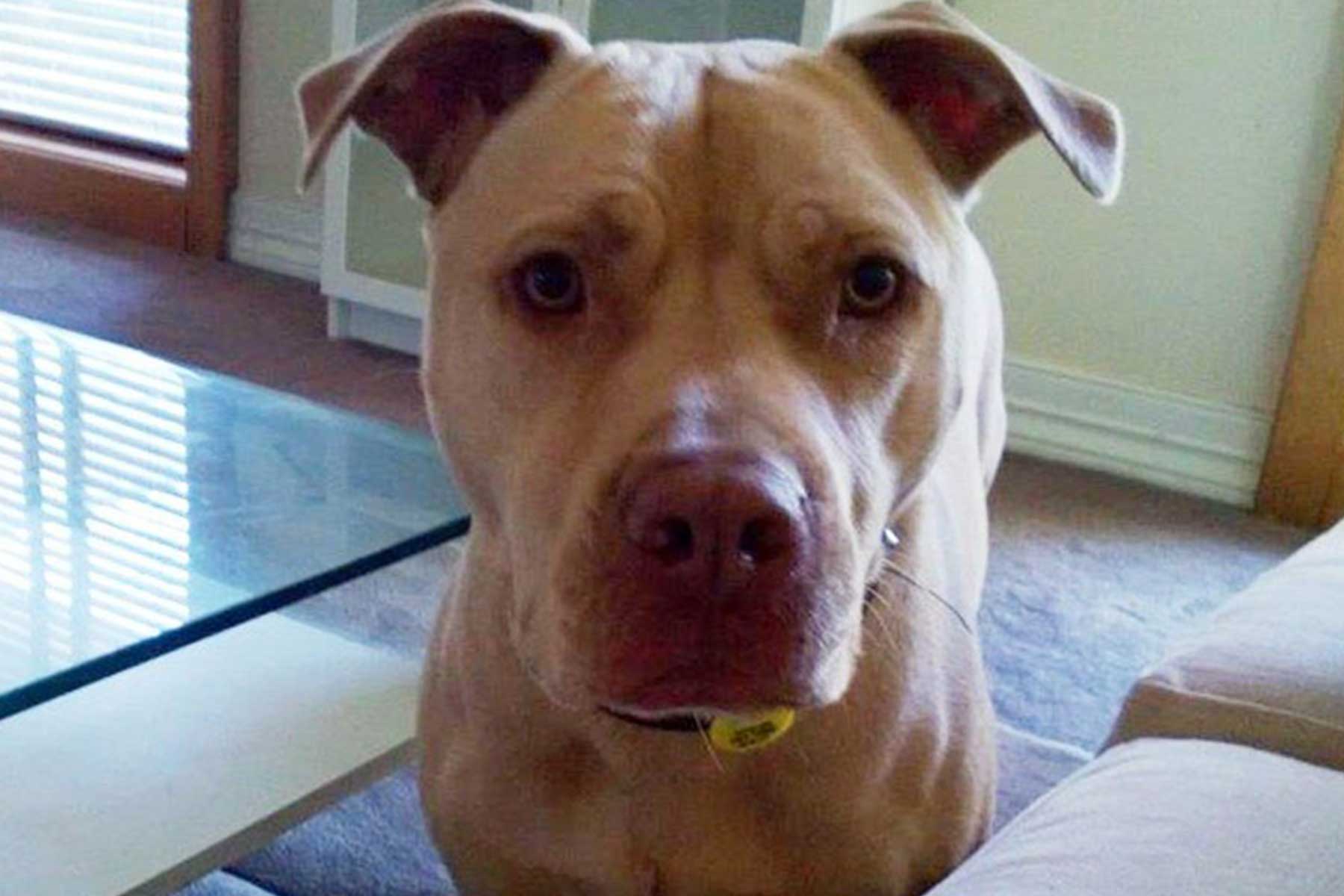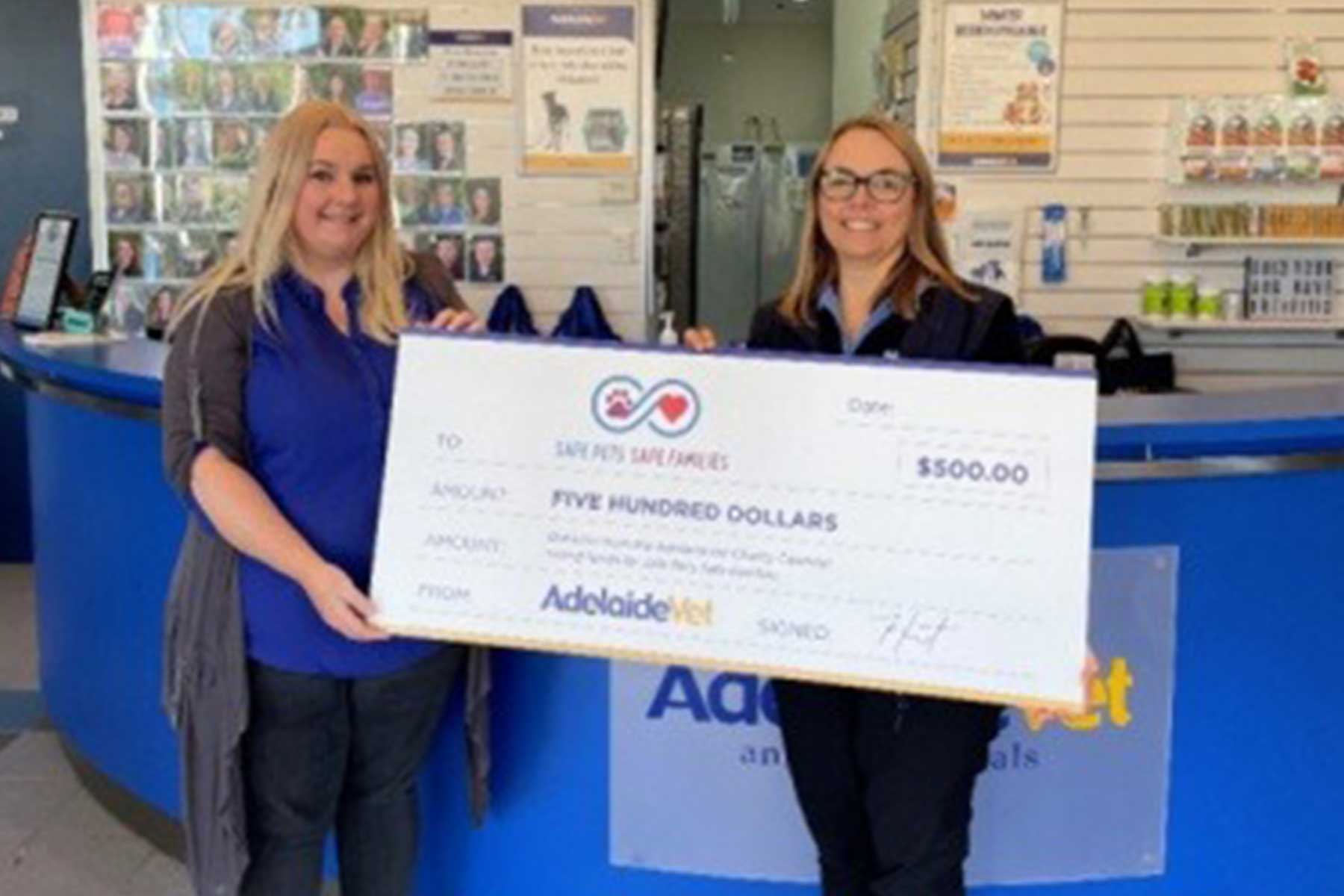Birds are becoming more popular family additions due to decreasing backyard sizes. So a stronger focus on captive bird diet education is necessary from your veterinarian. Eating a seed only diet can lead to many health problems including, but not limited to; obesity, vitamin deficiency, low calcium and thyroid problems. The aim of feeding any animal is to try and mimic their natural diet as much as we possibly can. In the wild Cockatiels wouldn’t be provided bowls of dried seed to graze on all day. In one study of Rosellas in NSW up to 86 different varieties of vegetation were eaten in a single day!
Adjusting a bird’s diet, in any small way, to mimic their natural diet can have an overall health benefit. It can be a long and difficult task to do if they’ve only ever had access to a commercial seed diet. It is recommended to feed a variety of fresh vegetables, greens, fruit and some seeds daily. Basically, any fruit or vegetable that we eat they can too, with the exception of onions, rhubarb and avocado. Many “weeds” can be excellent foods too! Such as milk thistle and dandelion, while the ripe and half-ripe seeds on many kinds of grass are packed with vitamins and minerals. Sprouted seeds also offer a vitamin and mineral packed option closely mimicking natural diet food sources (think cockies grazing in a field).
Getting the right balance of nutrients can be hard though, even offering all of the wonderful fresh produce, your Cockatiel may refuse to eat enough variety. There are now commercial pellet based diets, such as Passwell or Vetafarm, which offer more of a complete balanced diet for our domesticated feather friends. Introducing pelleted diets may take some time to adjust to, but the health benefits are worth persevering for. There are a few tricks to getting your Cockatiel to switch from seed to pellets. Most birds are diurnal and will not feed at night so when they wake in the morning they are hungry. Start by removing the seed in the evening and only providing fruit and veggies or pellets in the morning for the first few hours. This may be enough to get them kick started to eating new foods. If you have no success that way you could try mixing the new food with their seed or only providing seed for 15 minutes twice a day while leaving the fruit and greens/pellets.
A change in diet not only offers systemic health benefits but mental health too. Offering variety and fresh produce allows your Cockatiel to “forage” safely at home. Wild Cockatiels spend up to 70% of their daylight hours looking for feeding ground and manipulating their environment to get the tastiest nuts, seeds and grasses. In captivity, eating can be completed within 20 minutes. The lack of mental stimulation can lead to behavioural problems, such as feather plucking and self-mutilation. Once you have converted your Cockatiel to their new diet you can then introduce fun and exciting foraging toys to add more mental stimulation into their day. There are many commercially available toys or easy to make at home ideas, even an empty cardboard toilet roll stuffed with a few treats and crushed on both ends can provide entertainment.
With a few alterations to your Cockatiels diet, you can make a happier and healthier bird.

